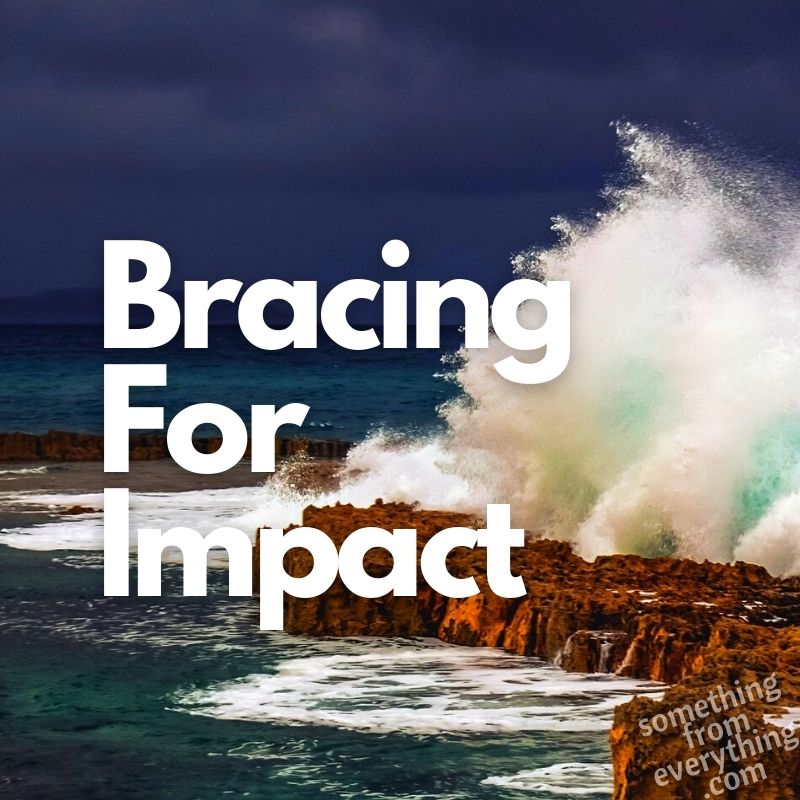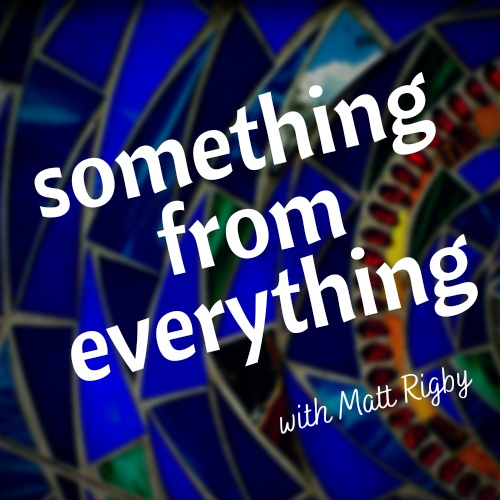
In the old world, the winter months were littered with parties.
Not huge, extravagant affairs, mind you. More “get-together” than event, but raucous, chaotic, life-affirming get-togethers. As the evenings grew colder and darker, we welcomed our friends indoors to share appetizers and craft brews, make a few pizzas, and gather around our long farm table. There were no caterers or bartenders but ourselves, no band but the playlist on the living room stereo and no venue but our own sweet home. And we loved it.
We might have a single family over, or as many as six. Children were ushered downstairs, except for the youngest hanging off hips, or those darting between adults to load plates with food, or excitedly interrupt adult conversation for whatever was on their mind in that precise moment. The adults would break into smaller clusters talking above the music, huddled around the couch, fireplace and bay window ledge, or drifting in and out of the kitchen. Invariably, this is where I would be, taking orders for pizzas, and basking in the warmth of the oven and friendship alike.
Then we’d sit down at that long, worn table and talk for hours. Sometimes the conversations centered around a question, subject or quote. Other times there was no form at all. Sometimes the room was filled with raucous laughter, and other times a moment would arise that was so fraught or fragile that you held your breath.
Those evenings were a lot of things. Ordinary and Extraordinary. Chaotic and cathartic. But mostly it was just being surrounded by some of those I know and love the best. And I miss it terribly.
When I think about the old world, I think about those nights, and that space. Sure, I miss travelling, and concerts, and not having my glasses fog up every time I walk indoors while wearing a mask, but mostly I miss those celebrations.
Last October my wife suggested we should plan another party. A celebration, for no reason other than that fact that we could have one. But I was wary the moment she suggested it. It felt like a relic of the old world; too much to hope for, but I couldn’t say why. For a moment, it seemed life was returning to some sense of normality. Plans and trips and events could be entertained once again. Viral cases were down. Vaccinations had been freely available for some time, and the term “Omicron” had little relevance to me or anyone I knew.
Of course, that’s not the case now.
Now, whatever wave we are currently facing (I’ve honestly lost track) is crashing down around us. It has already hit many of us, while the rest of us brace for impact.
I am bracing for impact.
I brace for impact before every shift at the hospital. Where the workload swells amidst continual staff shortages. Where the number of confirmed infections who need treatment keep rising. Where testing delays, higher transmissibility, and inadequate space, make it more and more difficult to adequately protect myself and others.
I brace for impact as I read yet another article online telling us to throw away our cloth masks, and highlight the need for N95 particulate respirator, I read this while knowing that those masks should be fit-tested, are impossible to find in stores right now, and that some people still don’t seem to understand that any mask is ineffective if it doesn’t cover your nose…
I brace for impact each day I send my kids to school. As they tell me about another friend who has been away sick for the past week. As they struggle to follow new rules and regulations that make it more difficult to hang out with their friends. They tell me about new desk configurations, increased sanitization schedules, how bell times are now staggered, or how they will now eat lunch in their classroom only. I brace myself as I send them with those same cloth masks that I should be throwing away, but am waiting on replacements for.
I send them knowing they need their teachers. Knowing they need their friends. Knowing that they have been flexible and resilient for the last two years, but that it has come with a high cost. Knowing that many concerned, intelligent, informed minds are working on these laudable and imperfect solutions. And I’m nearly certain that it will not be enough.
I sit my family down. Tell them to brace for impact, too. I tell them that it is likely that someone in our family will probably get sick in the next few weeks. That it will likely be this new variant of Covid, this virus we have tried so long to avoid. And that it will be okay. That the wave that is crashing around us will likely soak us, and maybe even knock us over, but it will not drag us away.
I also tell them that this might be the beginning of the end of this pandemic.
There is a lot of guarded hope being offered lately. Hope that the widespread transmission, milder symptoms and asymptomatic infections might finally lead to a significant herd or group immunity. Hope for antibodies that might neutralize the effects of each new variant. Hope for the pandemic becoming endemic. Hope for the lessening of restrictions. Hope for some return to normality.
But all of this is future hope, and I have braced myself against future hope from the beginning. From the very beginning of this pandemic, there has been plenty of unchecked optimism and fantasies about the near future. I’ve certainly caught myself talking about the “end of the pandemic” more than once, without the first clue or critical thought about how we might actually get there.
But even now, with a roadmap and compelling reasons to hope for the end, I find myself reluctant to embrace any specific and longed for hope. I find myself weary of making another plan that comes undone at the last moment. This pandemic has made many of us both weary, and wary. I find myself bracing against hope.
Hope can seem a dangerous thing when we’ve felt the disappointment of its disappearance, and hope in a particular outcome is invariably the most fragile. Who could blame any of us for feeling nervous, skeptical or cynical? There are so many ways our particular hopes and dreams and plans have had to be adjusted, revised or abandoned altogether over these past two years. It makes sense that we might want to keep our hopes at a distance, at least for now.
But we need those hopes. Those specific hopes, longings and desires pull us forward, they give us the strength to place one foot in front of the other on days like these.
Our hopes are undoubtedly risky, but we need them. Our specific hopes for that reunion, that trip, that surgery to be rescheduled, that table to be filled with friends, food and conversation once again.
If this is the storm before the calm, we brace ourselves for it and endure it by knowing what, specifically, we are hoping for.
So I’m getting my menu ready. I’m picking out the music playlist. I’m cleaning out the downstairs entertainment room. I’m thinking of how to best set up the patio when the weather warms. Because one day, that particular hope will be possible once again.
And there will be such a party.
___
